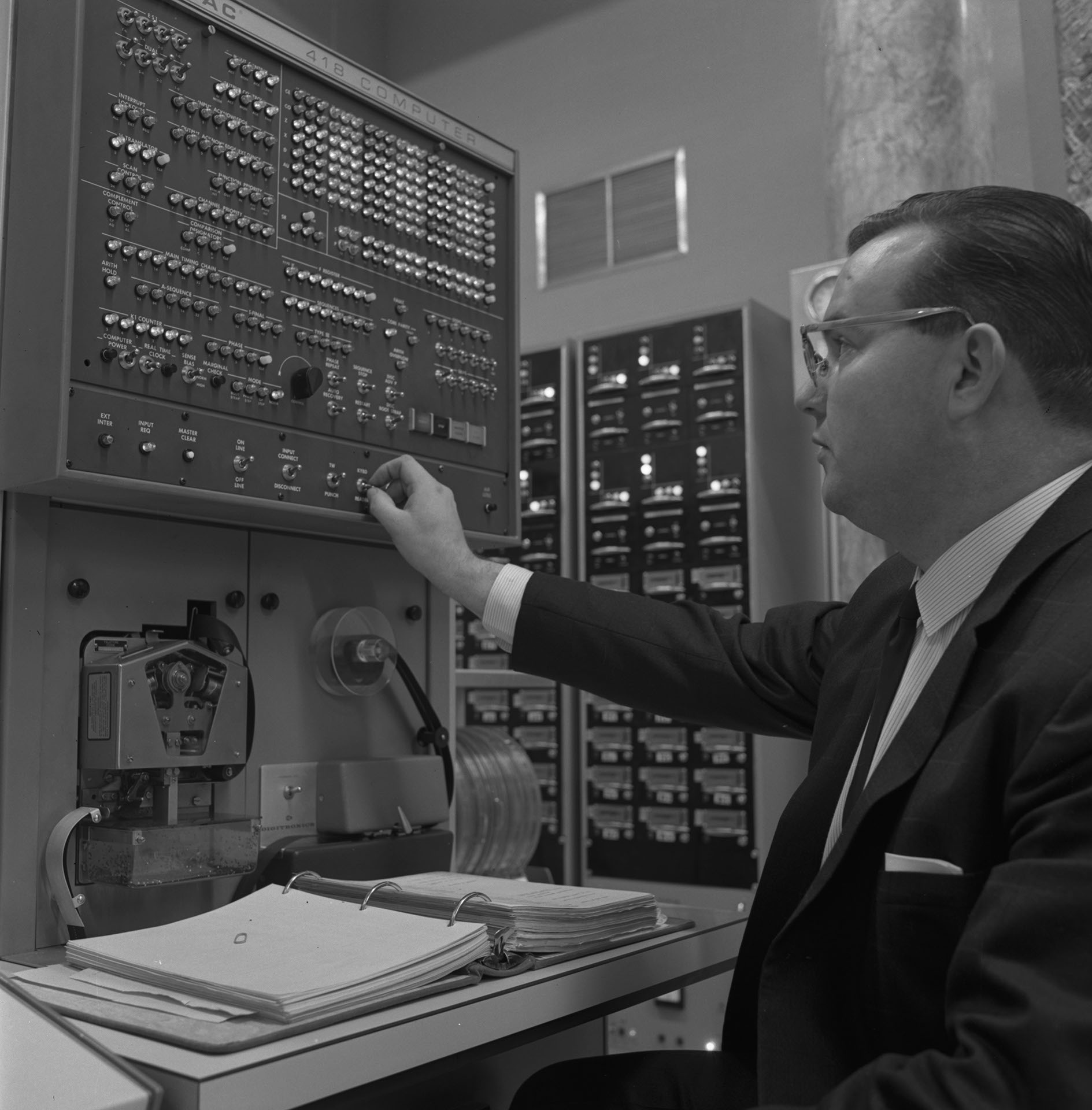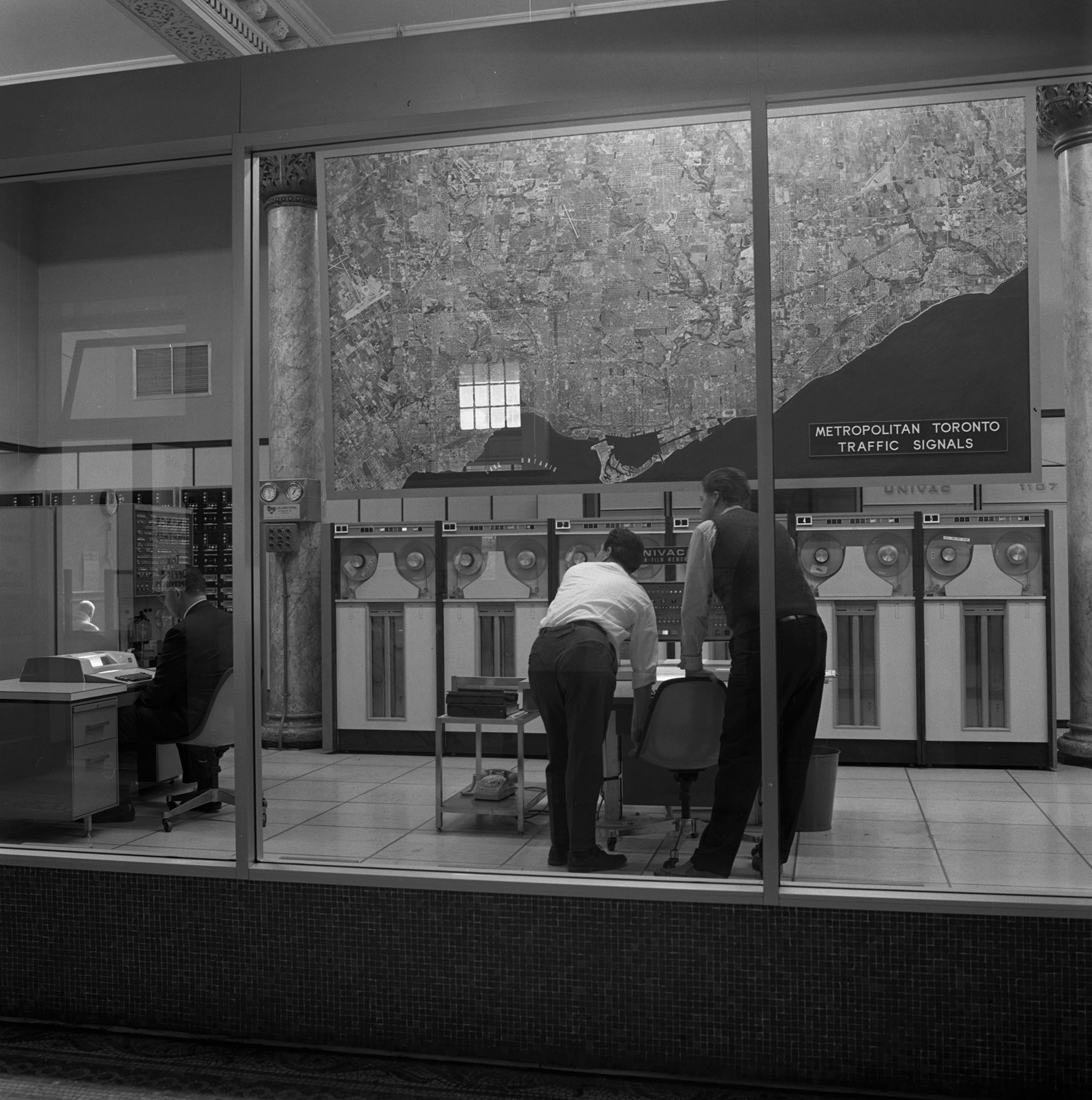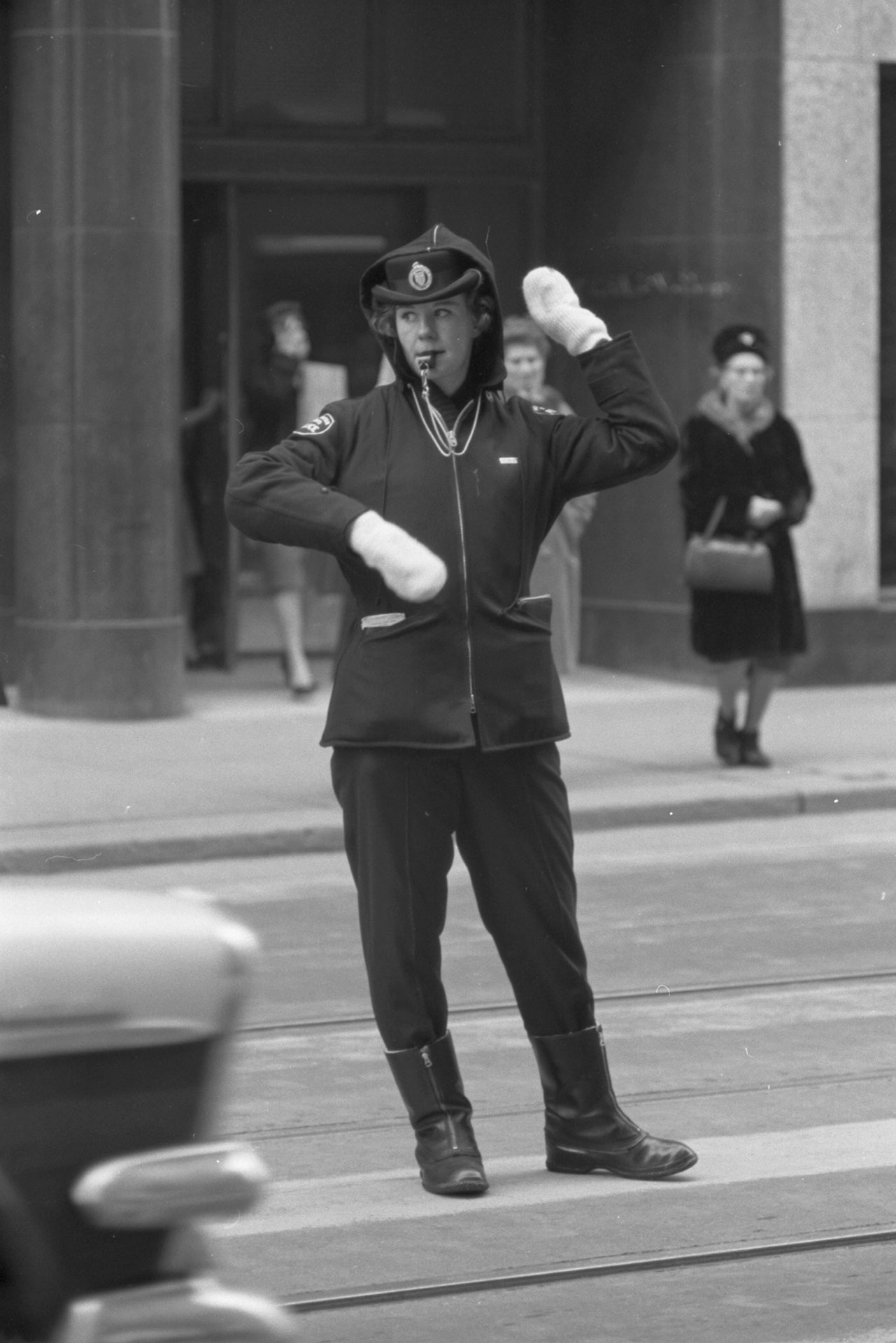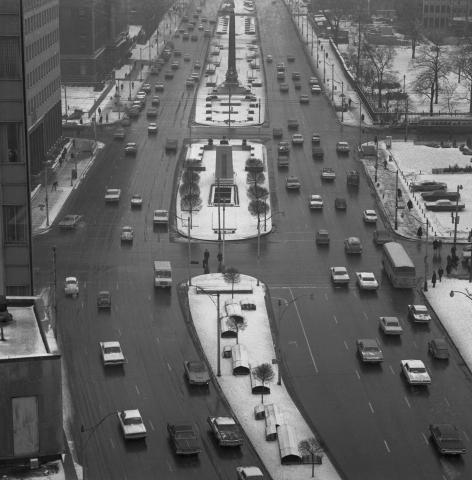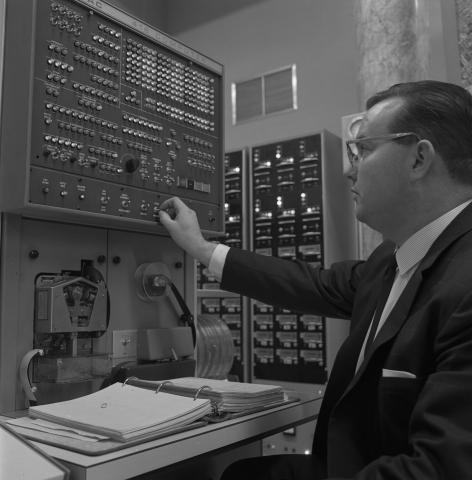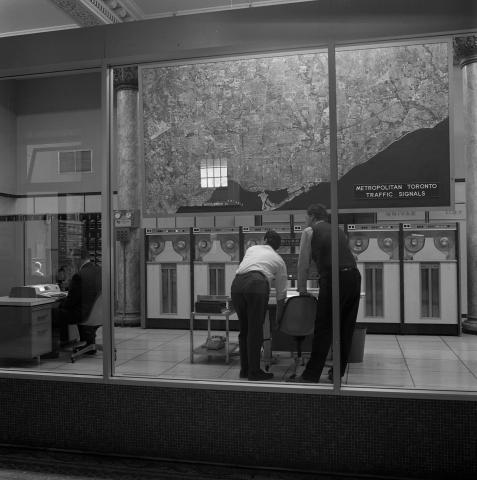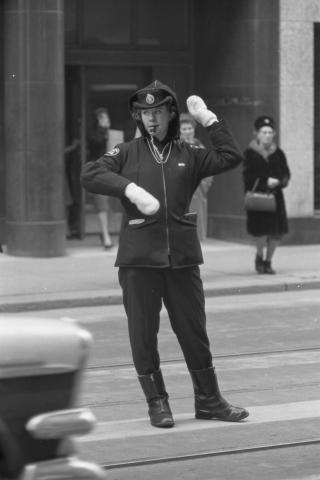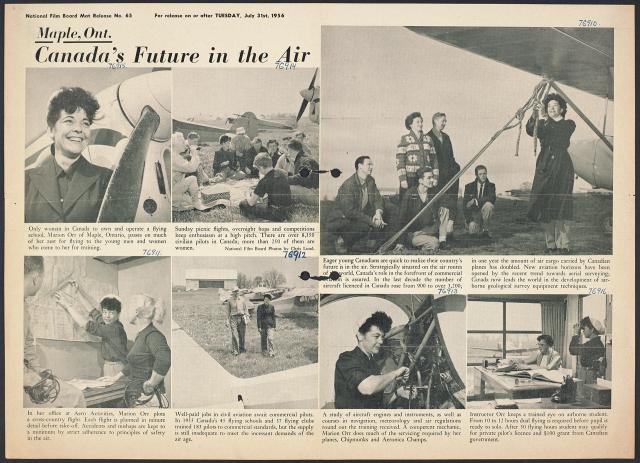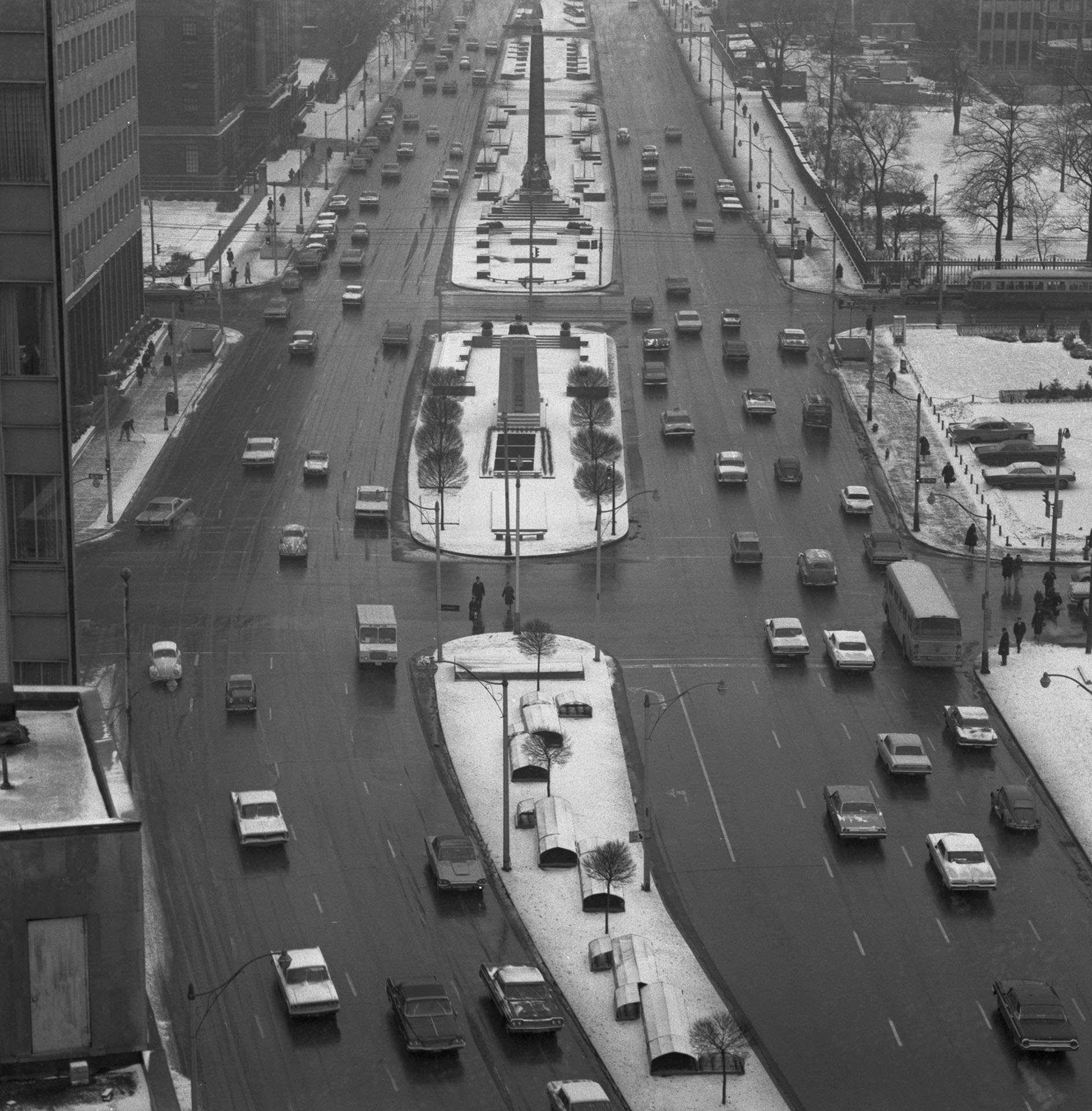
Photostory #388: 86,400 Complete Traffic Surveys Every Day: Toronto Traffic Technique Leads the World
Photographers
,
Maker
National Film Board of Canada
Release Date
April 20, 1965
Collection
CMCP fonds
Credit Line
Canadian Museum of Contemporary Photography fonds, National Gallery of Canada Library and Archives
Main Text
In London, New York, Paris, Tokyo, in most big cities of the modern, bustling world, traffic problems continue to grow. With increasing populations of people and automobiles adding daily to traffic tangles, the age of the automatic transmission, for many, is but converting pulsating horsepower into frustrating idleness. In Toronto, which has grown faster than any city in North America and has the heaviest car density of any other Canadian city, the answer to the traffic problem has been found - computer control. With studies showing that just one extra car on a street can cause a slow-down it was obvious that traffic engineers needed a new tool. Today, after a modest test with nine traffic signals along less than two miles of city streets which reduced delays by 28 per cent, Toronto has 200 intersections linked to its Univac 1107 and 418 computers. In some areas computer control has reduced the number of times vehicles halt by half, has increased traffic flow by up to 65 per cent. Information for the computers is relayed from magnetic sensors set in the road. Once every second a complete survey of all control points is memorized by the computer which automatically adjusts traffic signals to make fine adjustments to the traffic flow. Side benefits from the system are prearranged routes for emergency vehicles and for directing traffic past accidents. In Toronto, traffic moves swifter, thanks to the lightning-fast sequences of the digital computer.
Subjects:

